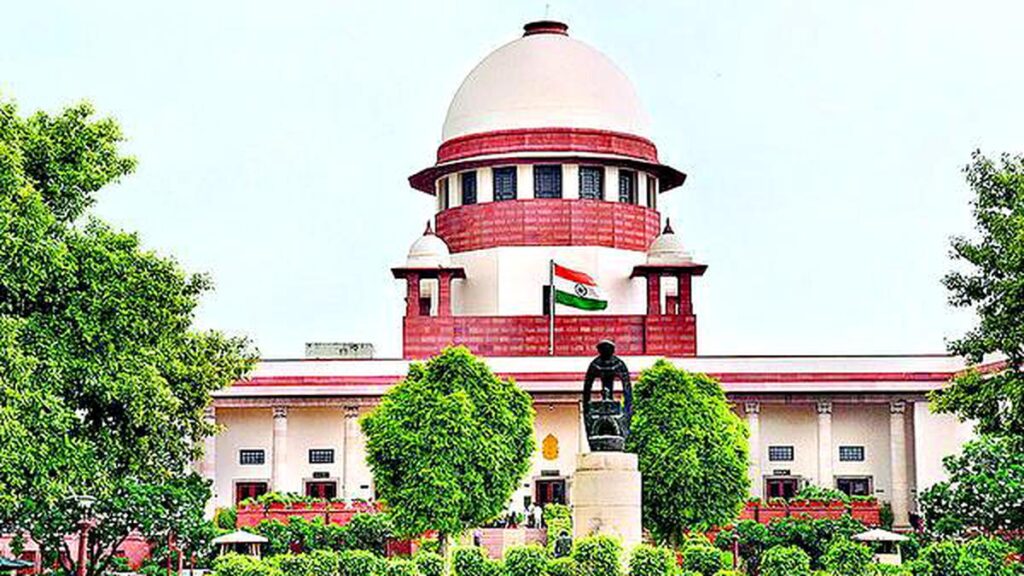
Supreme Court Advises Judges to Avoid Social Media, Criticizes Termination of Female Judges in Madhya Pradesh
The Supreme Court has advised judges to maintain a low profile, stay away from social media, and avoid sharing opinions on their judgments. This advice came from a bench of Justices B V Nagarathna and N Kotiswar Singh while discussing the case of two female judicial officers who were terminated by the Madhya Pradesh High Court.
The Court emphasized that judges should avoid flamboyance and social media, as public comments on judgments could influence future cases. The bench suggested that judges should live a “hidden life” and “work like a horse,” making significant personal sacrifices for their profession. Senior advocate R Basant supported this, arguing that judges should not post about their judicial work online.
This issue came up after a woman judge’s Facebook post was mentioned in her case. The Supreme Court had previously criticized the Madhya Pradesh High Court for dismissing a female judge based on performance without considering her personal challenges, including a miscarriage. In November 2023, the Supreme Court took notice of the termination of six women judges by the state government for alleged poor performance.
On August 1, 2023, the Madhya Pradesh High Court reinstated four of the terminated judges, but two were not. The Supreme Court was reviewing the cases of these judges, who had joined the judiciary in 2017 and 2018.
One of the dismissed judges, Aditi Kumar Sharma, had performance ratings that declined over time, and she faced personal hardships, including a miscarriage and a family member’s cancer diagnosis. The Supreme Court pointed out that proper assessments of the judges’ performance couldn’t be made during the Covid pandemic, which affected their work.
The termination orders were issued in June 2023, based on performance evaluations during the probation period. One of the judges filed a plea, claiming that her dismissal violated her fundamental rights, especially since her maternity leave was not factored into her performance review. She argued that evaluating her work during her maternity leave was unfair and a violation of her rights under Articles 14 (equality before the law) and 21 (right to life and personal liberty) of the Constitution.






